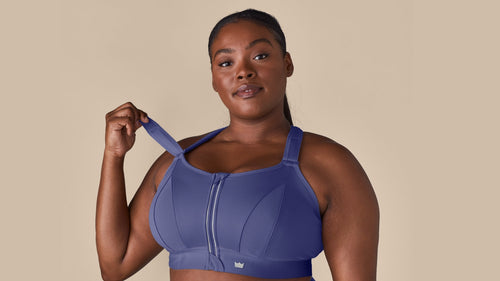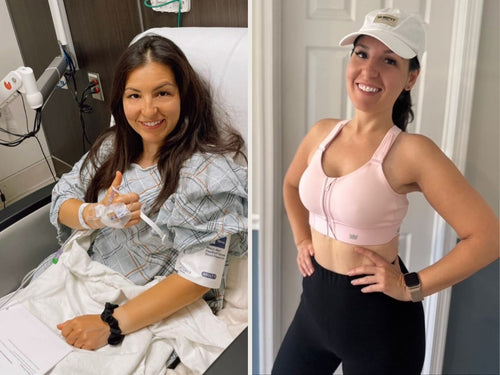Free shipping on U.S. orders over $99 Shop Now
You may have seen advertisements for at home genetic testing. They’re not only becoming popular but they’re affordable too some offering deals at just $99.
The latest one that caught my eye is from Color . As part of Breast Cancer Awareness Month you can find ads from TV social media. The test promises to let you know if you carry one of the breast cancer gene mutations either BRCA1 or BRCA2. The name “BRCA” is an abbreviation for “BReast CAncer gene.” BRCA1 and BRCA2 are two different genes that have been found to impact a person’s chances of developing breast cancer. The test is simple and non-invasive and like most at home gene tests, all you do is spit your saliva into a tube, seal it, and send it off. Color is ordered by your physician but processed outside of your regular medical community so you have the ability to choose what you do with your results.
But how credible are they?
Dr. Caleb Bupp from Spectrum Health’s Genetic Counseling Center says of all the tests out there, the one by Color is the most reliable. So in other words, if you take the test and it’s positive for a mutation you should follow up with your doctor and begin talking about whether or not you should start early detection screening sooner than age 40.
Does this information come at a steep cost? Dr. Bupp says you should understand that “genetic testing is not protective with life insurance, disability insurance, or long-term care insurance. So, if someone goes out there and does one of these cancer tests they’ve now significantly altered their ability to get insurance coverage.” Positive genetic testing also doesn’t guarantee that women with get breast cancer. It means that certain genetic mutations have a higher lifetime risk of the disease. It’s estimated that 55 – 65% of women with the BRCA1 mutation will develop breast cancer before age 70. Approximately 45% of women with a BRCA2 mutation will develop breast cancer by age 70.
Women with a BRCA1 or BRCA2 mutation who overcome their breast cancer with treatment appear to have a higher-than-average chance of developing a second cancer. Cancers related to a BRCA1 mutation are also more likely to be triple negative breast cancer, which can be more aggressive and difficult to treat.
So then the million-dollar question seems to be: what happens to all of your genetic information that’s out there?
Dr. Bupp says there isn’t an answer for that, at least not right now. The hope is that it can be used for research and maybe one day be a part of your medical record. But unfortunately, the technology got developed and then sold to consumers before a plan was put in place as to what to do with all the DNA that’s being stored in labs.
This leaves patients left to struggle with early detection, early cure versus a monetary and privacy penalty. It’s not a simple choice nor is it a simple result. As with most medical topics, your family physician is the best resource for pairing your unique medical history and needs with new technology and resources. Wondering if genetic testing is right for you? Do some research and then contact your doctor for the perfect health plan for you.





















